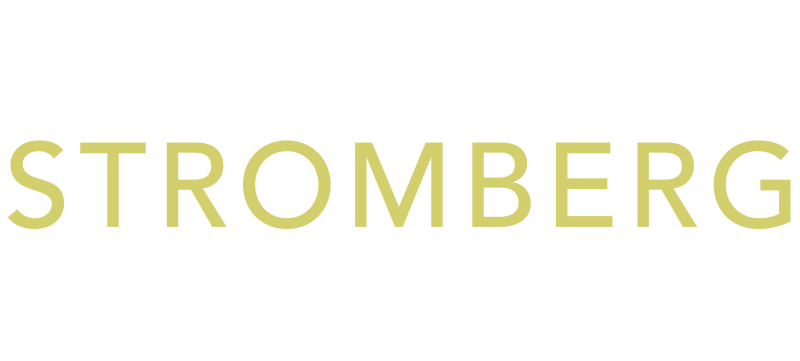When two parties are separating and dividing the family property, there may be questions surrounding property owned by one of the spouses and third parties. In Saskatchewan, this is particularly true for farmland. Often a husband or wife will own farmland with their...
The potential dangers of adding children as joint tenants
Many people like to add the name of a child, or children, to their home. The hope is to avoid probate fees on the death of the parent, and have the asset go directly to the children.
However, before you make this decision, be aware of the following potential danger:
- First, if you later have a change of heart and do not wish to leave property to that child, it may be impossible to “undo” what you have done
- Second, if the child who is now on title, attracts a judgement creditor, the judgement creditor may be entitled to go after the child’s share of the home
In short, sometimes circumstances cannot be controlled. Once you add a person to your title, you have given legal rights to that individual. Creditors will be entitled to rely on the legal position you create when you add a joint tenant.
James Steele’s preferred practise area is estate litigation. Contact James Steele at 1-306-933-1338 or j.steele@rslaw.com. The above is for general information only. Parties should always seek legal advice prior to taking action in specific situations.
Related News and Articles
DIVISION OF FAMILY PROPERTY: ENTITLEMENT TO FARMLAND OWNED BY EX-SPOUSE AND THIRD PARTIES
Call for feedback on behalf of the CBA
James Steele is Legislation and Law Reform Director of CBA Saskatchewan. Comments are invited on the SK Government’s ongoing development of Regulations to support The Financial Planners and Financial Advisors Act. CBA Members are welcomed to review the Ontario draft...
Saskatchewan Estate Litigation Update
An interesting recent estate litigation decision out of Saskatchewan is Leason v Malcolm, 2020 SKQB 102. Leason reminds us that once a bequest is vested, it may not be divested. In other words, if a beneficiary survives the testator, but the beneficiary then dies...
Effect of Marriage or 24 Months of Cohabitation on Your Will – Changes to the Wills Act
The law in Saskatchewan used to be that an existing will would be revoked when the will maker married or upon the will maker cohabiting in a spousal relationship continuously for two years, unless there was a declaration in the will that it was made in contemplation...
Why Do I Need a Will?
A commonly asked question is why do I need a will? Your will sets out what is to happen to your assets (more commonly known as your estate) when you pass away. If you pass away without a will then your estate falls into what is called intestacy. An intestate estate...
Am I entitled to be notified that my family member has made a new Will?
When a loved one passes away unexpectedly, the shock can be made worse by finding out that the deceased also had made a new will totally contrary to their former will. Sometimes clients will ask me if it is legal for their loved one to make a new will, cutting out...
Virtual court operations in Saskatchewan
Despite the availability of virtual technology, it remains impossible in many Canadian courts to file court documents online, or hold video hearings. This article argues that Canadian court systems face two options during the COVID-19 pandemic: First, resign...
Judicial technological innovations
Closings of courthouses should be a wake-up call to adopt 21st century technology The COVID-19 pandemic has caused unprecedented disruption to daily norms in Canada. Lawyers are not exempt, and many courts in Canada have either severely reduced their case hearing...
Estate planning in a time of uncertainty
As the world changes in response to the coronavirus (Covid-19) outbreak, you may wonder how you can legally best protect yourself, and loved ones. The present is a good time to make certain that you have certain crucial legal documents in place.Last Will and Testament...
Holding Taxpayers at Ransom
James Steele's article on the latest target of data bank robbers - Canadian municipalities - appears in the August 2019 issue of Canadian Underwriter. James speaks anecdotally of Canadian municipalities who have been hijacked by cyber criminals and advises municipal...


